Photo by energepic.com from Pexels
In our fast-paced, modern world, stress has become a pervasive issue affecting millions of people globally. The relentless demands of work, personal life, and societal pressures can lead to chronic stress, impacting both mental and physical health. Who isn’t stressed these days? While conventional stress management techniques such as exercise, meditation, and therapy are well-known, acupuncture is gaining recognition for its potential to alleviate stress and promote relaxation.
Stress can manifest in various ways, including physical symptoms such as headaches, muscle tension, and digestive issues, as well as emotional symptoms like anxiety, irritability, and depression. Acupuncture is believed to help manage stress by regulating the body's physiological responses and promoting a state of relaxation.
Several mechanisms are thought to contribute to the stress-relieving effects of acupuncture:
Endorphin Release:
Acupuncture stimulates the release of endorphins, the body's natural painkillers and mood enhancers, which can induce a sense of calm and well-being.
2. Regulation of Neurotransmitters:
Acupuncture influences the production and regulation of neurotransmitters such as serotonin and dopamine, which play key roles in mood regulation and stress response.
3. Autonomic Nervous System Modulation:
Acupuncture helps balance the autonomic nervous system by reducing sympathetic nervous system activity (associated with the fight-or-flight response) and enhancing parasympathetic nervous system activity (associated with relaxation and healing). The points I use for this work almost immediately.
4. Reduction of Inflammation:
Chronic stress can lead to systemic inflammation, which is linked to various health issues. Acupuncture has been shown to reduce inflammation, thereby mitigating some of the negative effects of stress.
Research indicates that acupuncture can reduce symptoms of stress and anxiety, lower cortisol levels (a hormone associated with stress) and improve overall mood. Additionally, acupuncture has been found to enhance the effectiveness of other stress management techniques, such as cognitive-behavioral therapy (CBT) and mindfulness practices. But the best part about acupuncture is you don’t have to talk about your problems, or past trauma for it to be effective. In fact, it works best if you let yourself rest while the needles are in.
Benefits of Acupuncture for Stress Relief:
1. Non-Invasive and Drug-Free:
Acupuncture offers a natural alternative to medications, with minimal side effects and no risk of dependency.
2. Holistic Approach:
Acupuncture addresses the root causes of stress, rather than just masking the symptoms, promoting long-term balance and health.
3. Individualized Treatment:
Each acupuncture session is tailored to the individual's specific needs, ensuring a personalized approach to stress management.
4. Enhanced Overall Well-Being:
Beyond stress relief, acupuncture can improve sleep quality, boost energy levels, and enhance immune function, and improve digestion. This will greatly enhance your sense of well-being.
As stress continues to be a major concern in modern society and contributor to our ailments, acupuncture can provide valuable tools for managing stress and bringing your body back to homeostasis. Whether used alone or in conjunction with other techniques, acupuncture offers a promising avenue for achieving relaxation and resilience in the face of life's challenges.

